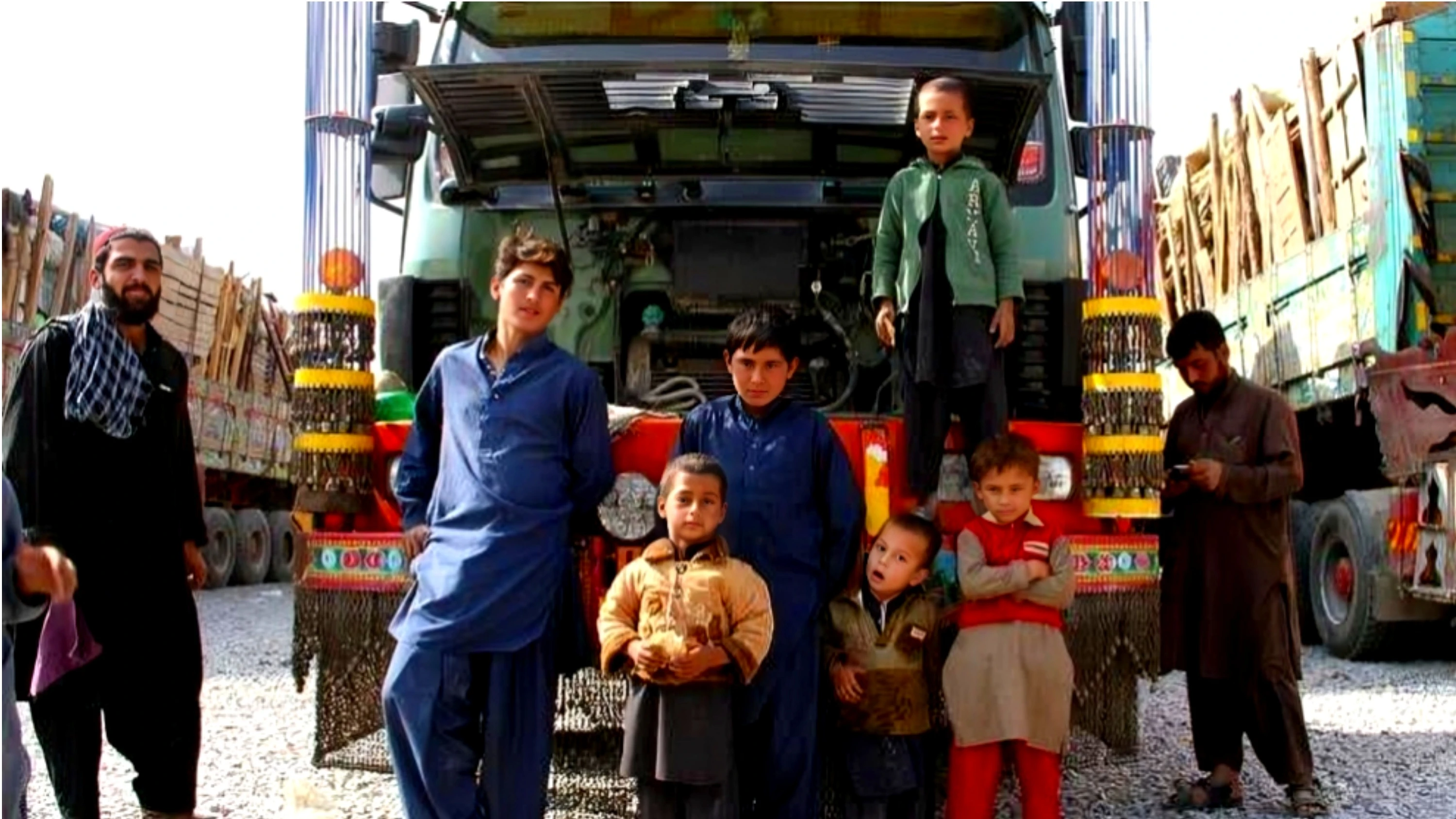Islamabad: Amnesty International has urged Pakistan to withdraw its opaque plan to deport so-called "illegal foreigners," stating that the forced expulsion of Afghan refugees and asylum seekers will further deteriorate their situation.
Amnesty International issued a strong-worded statement on Wednesday, ahead of the March 31 deadline, highlighting concerns over the Pakistani government’s move to evict Afghan refugees from two major cities within less than a week. The organization said such actions disregard international human rights laws, particularly the principle of non-refoulement.
Pakistan’s "Illegal Foreigners’ Repatriation Plan," which serves as the basis for these deportations, has never been made public. However, it comes amid a growing campaign that falsely associates Afghan citizens with crime and terrorism.
Isabel Lacy, Amnesty International’s Deputy Regional Director for South Asia, criticized the plan, stating, “These opaque orders violate the government’s own commitments and repeated calls from human rights organizations to protect the rights of Afghan refugees and asylum seekers.”
She further condemned Pakistan’s portrayal of Afghan refugees in Islamabad and Rawalpindi as a security threat, calling it an unfair scapegoating of a vulnerable community that has long been disenfranchised and fleeing persecution.
Speaking to Amnesty International, human rights lawyer Muneeza Kakar pointed out that even within Pakistan, Afghan refugees are being forced to relocate, which is devastating for families. “Many PoR (Proof of Registration) cardholders have lived here for decades. Asking them to move means uprooting them from their homes, businesses, communities, and lives they have built with years of effort,” she said.
Meanwhile, Afghan Citizen Card (ACC) holders are also at risk of immediate deportation, along with other undocumented refugees, in violation of the international principle of non-refoulement.
Additionally, Afghan refugees awaiting resettlement in third countries are being relocated away from urban centers, making it harder for them to access foreign missions that have promised them visas and travel documents. This raises concerns about their potential deportation, particularly due to increasing coordination challenges with missions like that of the United States.
Omar Gilani, a lawyer challenging the government's deportation orders in the Supreme Court and Islamabad High Court, stated that the March 31 deadline lacks a formal legal basis. “There is no official notification under any specific law. It is merely an executive directive, which is not only unconstitutional but also unlawful,” he argued.
Meanwhile, the International Organization for Migration (IOM) reported a significant decline in the number of Afghan repatriations and deportations during March. According to data collected from March 1-15, there was a 67% decrease in voluntary returns and a 50% reduction in deportations compared to the previous reporting period of February 16-28.








